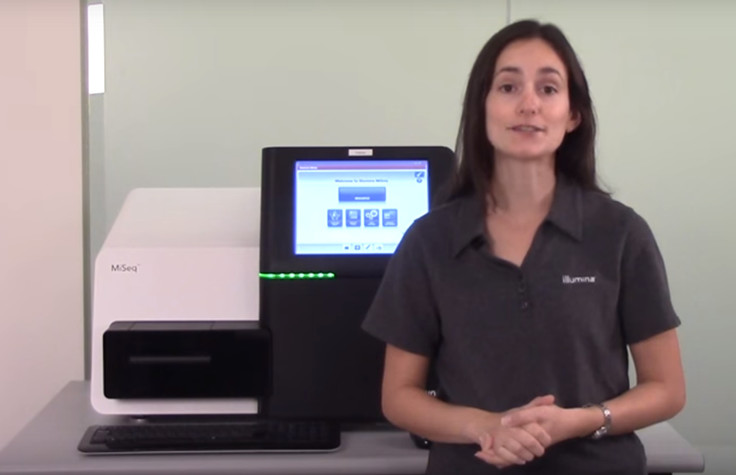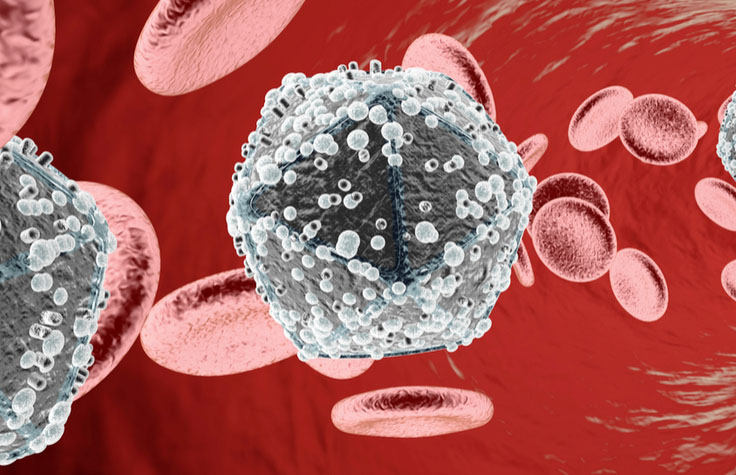Sequencing
See What Sequencing Can Do For You
Sequencing may be utilized to determine the order of nucleotides in small targeted genomic regions or entire genomes. Illumina sequencing enables a wide variety of applications, allowing scientists to ask virtually any question related to the genome, transcriptome, or epigenome of any organism. Next-generation sequencing (NGS) methods differ primarily by how the DNA or RNA samples are prepared and the data analysis options used.

Sequencing Instrument Portfolio
Find the right sequencing platform to advance your research.
Compare Platforms
Key Sequencing Methods
DNA Sequencing
Analyze the entire genome, focus on regions of interest with whole-exome and targeted sequencing, or study DNA-protein interactions.
RNA Sequencing
Take advantage of a broad range of techniques, from targeted RNA to single-cell and whole-transcriptome sequencing.
Methylation Sequencing
Both genome-wide analysis and targeted approaches can provide insight into methylation patterns at a single nucleotide level.
High-Throughput Sequencing
Cost-effectively run data-rich applications and process more samples to increase statistical power.
Long-Read Sequencing
Resolve challenging regions of the genome, such as complex structural variants and repetitive elements, or perform de novo assembly.
Library Preparation
Find out more about how library prep works, and explore user-friendly solutions. Options are available for a broad range of sequencing methods, including whole-genome sequencing, whole-exome and targeted sequencing, RNA sequencing, methylation sequencing, and more.
promo
Common Sequencing Applications
Cancer Research

NGS-based sequencing methods allow cancer researchers to detect rare somatic variants, tumor subclones, and circulating DNA fragments. Explore cancer sequencing methods.
Microbiology Research

From environmental metagenomics studies to infectious disease surveillance and more, sequencing can help researchers gain genetic insight into bacteria and viruses. Learn more about microbial genomics.
Complex Disease Research

Illumina sequencing is introducing new avenues for understanding autoimmune and rheumatic diseases, atherosclerosis, neurological diseases, and psychiatric disorders on a molecular level. Learn more about complex disease genomics.
Reproductive Health

Illumina sequencing and array technologies deliver fast, accurate information that can guide choices along the reproductive health journey. Explore reproductive health solutions.
Related Content
Introduction to NGS
This massively parallel sequencing technology offers ultra-high throughput, scalability, and speed. See what you can do with NGS, and find out how Illumina technology works.
Find Content and Products for Your Field
The user-friendly "Recommended Links" feature allows you to easily find content and products relevant to your specific field of interest. You can access this option from the top of any illumina.com page.
Interested in receiving newsletters, case studies, and information on genomic analysis techniques? Enter your email address.
Additional Resources

Sequencing Troubleshooting Tips
These videos provide expert tips for issues such as overclustering, inconsistent quantitation, and more.

HIV-1 Tropism Studies
Deep sequencing enables researchers to assess HIV Type 1 coreceptor usage.

COVID-19 Solutions
Characterize SARS-CoV-2 and other respiratory pathogens, track transmission routes, study co-infection, and investigate viral evolution.